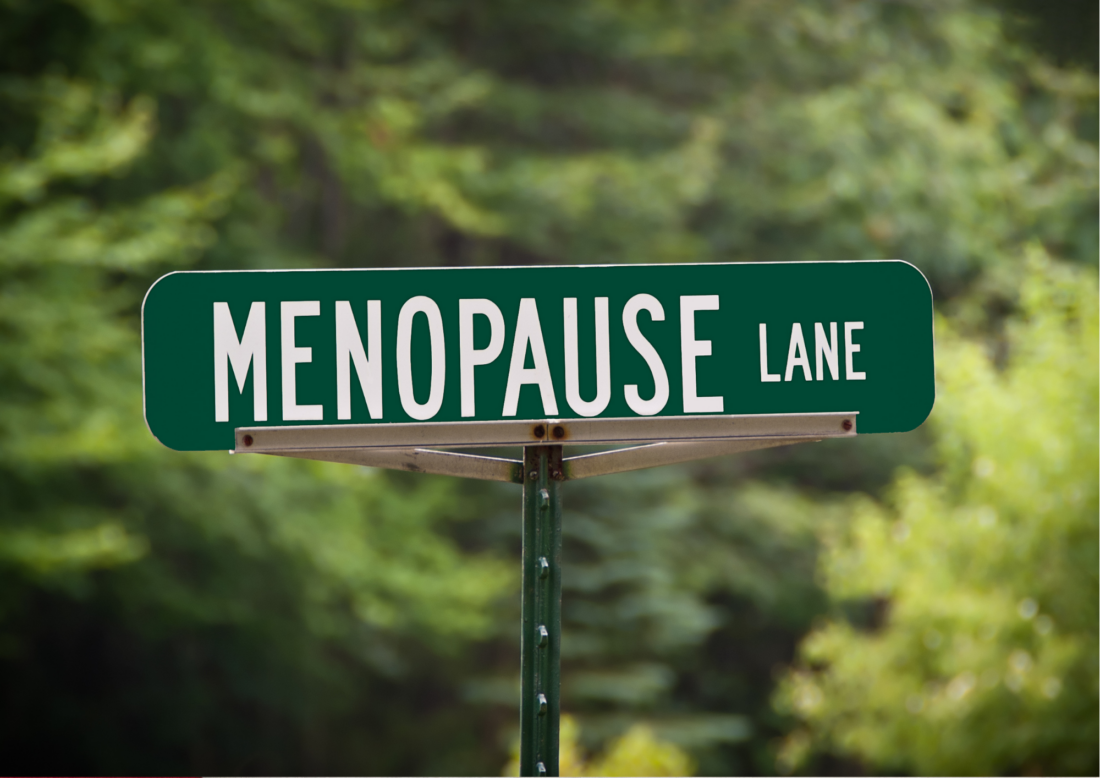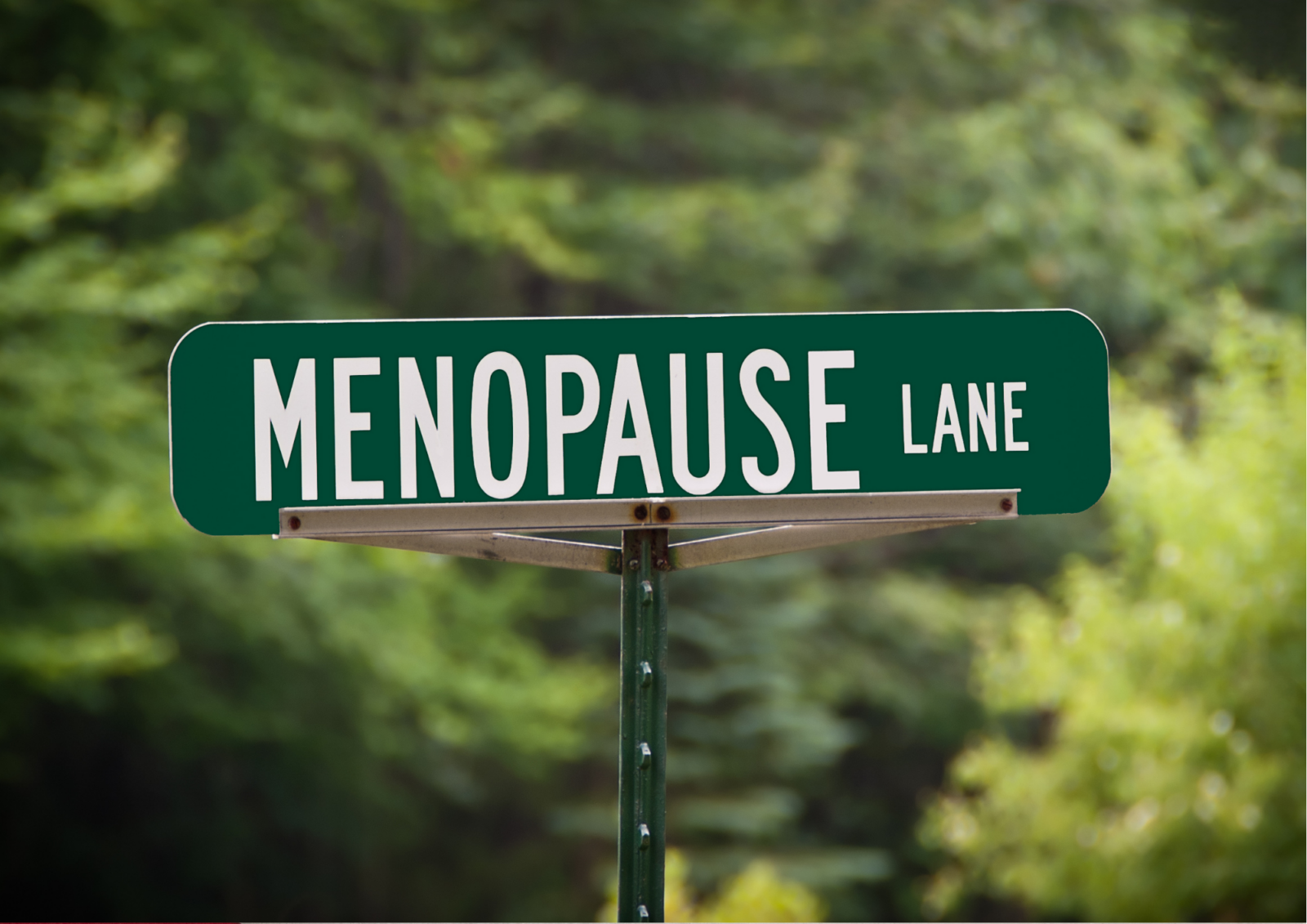
Menopause marks a natural transition for women when their menstrual cycles stop. For many, the time is associated with very uncomfortable symptoms such as hot flashes, night sweats, insomnia, mood swings, vaginal dryness, weight gain to name a few. Most are caused due to the decline of the hormone oestrogen.
High blood pressure and changes in cholesterol levels can be added for many women to the above list. Women are also at risk for losing more calcium from their bones often leading to Osteoporosis.
A change in diet and lifestyle can be beneficial and help in making these symptoms more tolerable. The right diet can also help support the effects of hormone replacement treatments, which many women take during this time by eating better for menopause
What to eat?
Food rich in fibre: whole grains, fresh fruits and vegetables
After menopause, it becomes even more important to increase fibre in our diet. Fibre reduces the risk of heart disease and helps minimise weight gain by decreasing sugar cravings. Fibre is also essential for gut health.
Switching white grains to whole grains is a great option, and fresh fruits and vegetables should also be prioritised. Rich in fibre and phytonutrients, they offer a raft of benefits for menopausal women.
Food rich in phytonutrients
Most vegetables contain molecules called phytonutrients, which have a direct beneficial effect on the body’s metabolism.
Some called phytoestrogens are particularly important for women going through menopause. They mimic the effect of oestrogen in the body and relieve the symptoms of menopause in the most natural way. Soybeans, chickpeas, peanuts, flax seeds, barley and green and black tea are among the richest in phytoestrogen.
Fermented Foods
While going through menopause, our hormonal system is completely unbalanced, and it has a direct affect in our gut. Millions of little bacteria living in our intestines produce different molecules that interact directly with our organs. Fermented foods provide us with some of these healthy bacteria. Associated with a diet rich in fibre, they help rebalance and acquire a solid and healthy gut that, in return, helps rebalance our hormonal system.
Try fermented foods such as dill pickles, sauerkraut, and kimchi.
Food rich in calcium, phosphorus and vitamin D
Because menopause causes a decrease in bone density, it’s essential for women going through “the change” to eat foods rich in calcium, phosphorus and vitamin D, such as dairy products and green, leafy vegetables.
Unfortunately, women can become less tolerant to dairy during perimenopause, partly because of an imbalanced gut. A nutritionist or a dietitian can help choose the right food to rebalance the intestinal flora and get enough nutrients to help with bone density so you are not at the risk of developing Osteoporosis.

Superfoods
Different plants have been used in traditional medicine for centuries to decrease menopausal symptoms.
- Shatavari is a natural remedy long used in Ayurveda. It helps cooling down the organs and decreasing hot flushes, as well as stimulating libido.
- Maca comes from the Andes in Central America. Studies have shown that maca helped alleviate hot flashes and interrupted sleep and increases libido.
- Black Cohosh is a flowering plant from North America. It decreases hot flashes, night sweats, vaginal dryness, sleep disturbances, nervousness, and irritability.
Pair the right food with Exercise
Engaging in physical activity can help reduce many menopausal symptoms and improve general health. Regular sports sessions can increase both muscle mass and bone density and, of course, help with weight loss. Exercise can also counter problems such as sleeping disorders and reduce the risk of cardiovascular disease. In some cases, it can also help alleviate symptoms of menopause, such as hot flushes and mood swings.
Start before you hit the M button
The Perimenopause stage where women can experience any of the symptoms mentioned above can last for up to four years and occurs well before you hit the big M. Starting with some holistic changes during this stage helps the body before Menopause finally hits.
- A few changes other than diet and exercise include:
- Quitting smoking. Smoking in general is incredibly bad for your health, but it also causes women to start their menopause earlier and aggravates many of the symptoms during this time.
- Decreasing Caffeine- Caffeine worsens night sweats and hot flushes, the two most common and frustrating Menopause symptoms.
- Decreasing Alcohol – Alcohol consumption can worsen symptoms like mood swings, depression, and insomnia. All common amongst women in the perimenopause and menopause stage.
- Calcium Intake – Declining oestrogen levels cause a woman’s bones to thin faster, putting her at a great risk for Osteoporosis. Speak to your health care provider about calcium and vitamin D supplements and keep your levels in check.
The essential takeaway from all of this: when facing the dreaded “change”, it’s essential to follow as healthy a diet and lifestyle as possible to navigate the ups and downs of this period. Menopause is a complicated time for most women. While hormonal replacement therapy can be a real help, focusing on good nutrition and physical wellbeing remains the true cornerstone of living and surviving through it well.
Share


A great article with great tips.